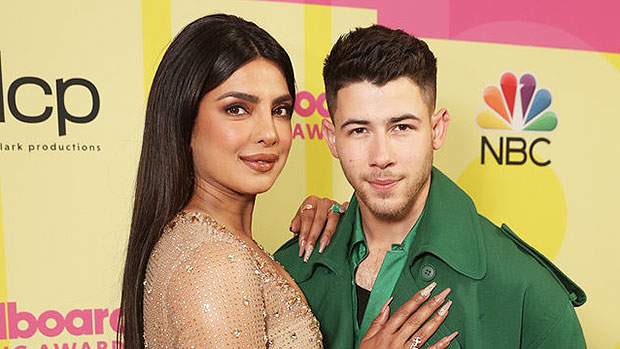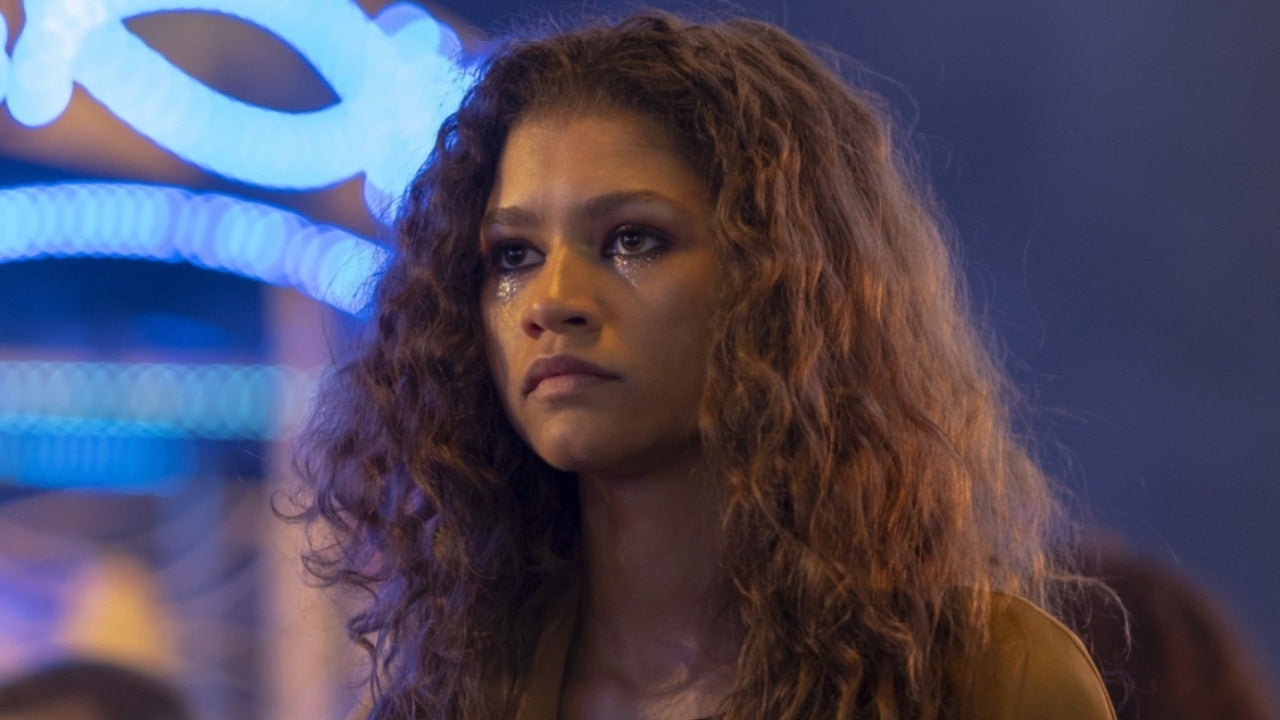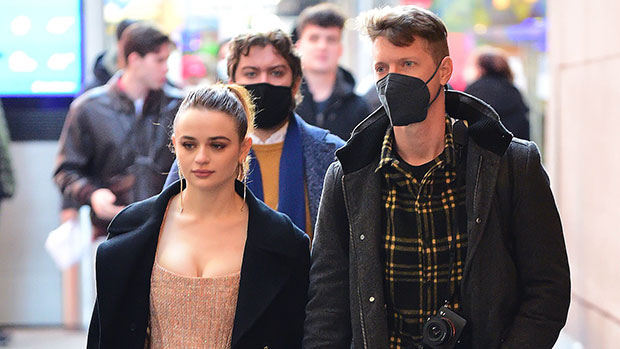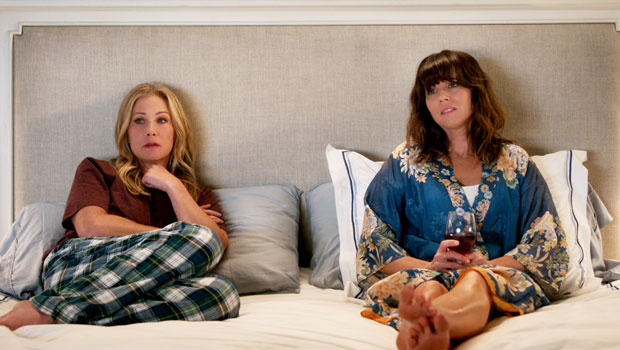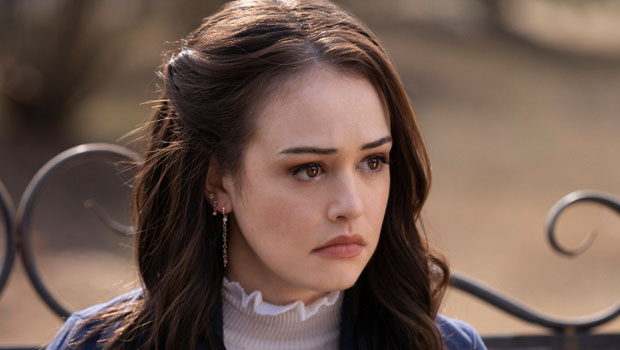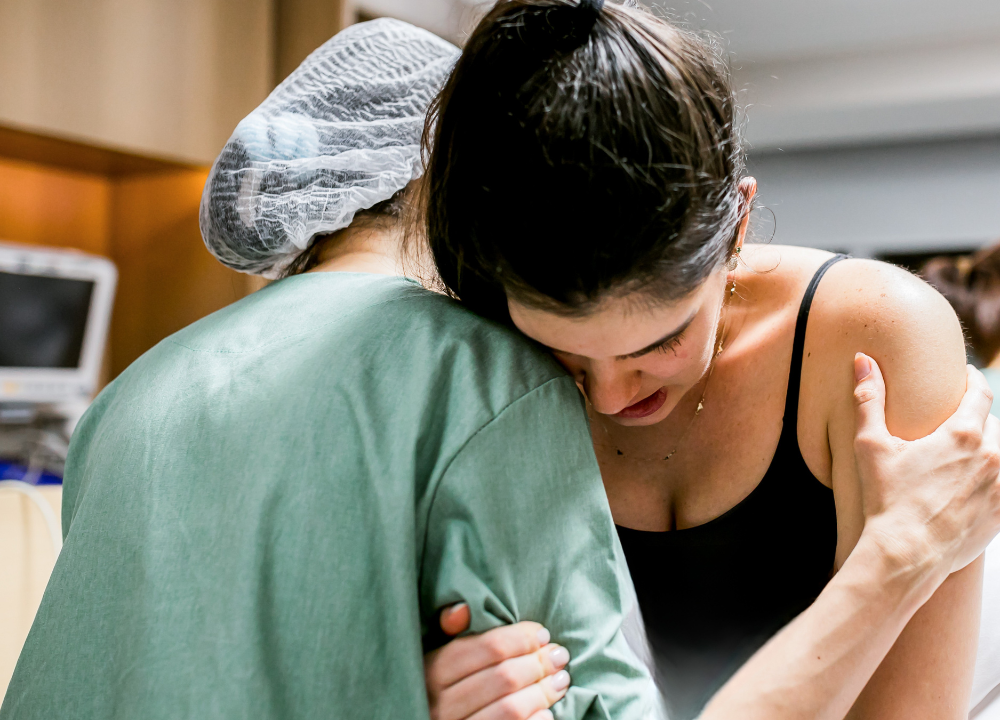Venice 2022 Women Directors: Meet Georgia Oakley – “Blue Jean”
Georgia Oakley is a screenwriter and director with a particular fondness for convention-defying, female-led narratives. Her shorts have screened at dozens of international festivals, including SXSW, Tribeca, New York Film Festival, and Galway Film Fleadh. She has participated in...
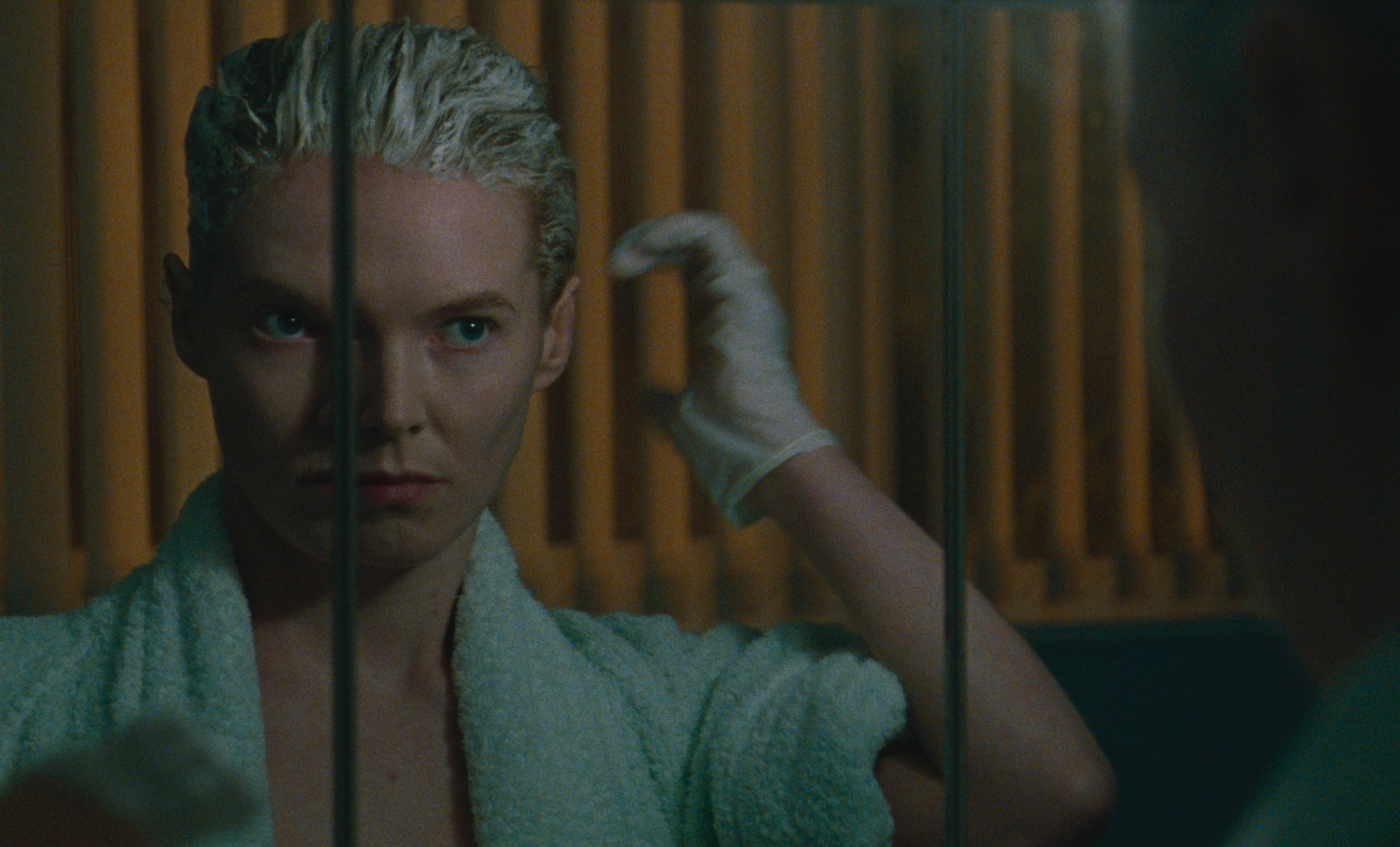
Georgia Oakley is a screenwriter and director with a particular fondness for convention-defying, female-led narratives. Her shorts have screened at dozens of international festivals, including SXSW, Tribeca, New York Film Festival, and Galway Film Fleadh. She has participated in various talent development schemes, such as the 2018 edition of Berlinale Talents. “Blue Jean” is her feature directorial debut.
“Blue Jean” is screening as part of Venice Days at Venice Film Festival, which is taking place August 31-September 10.
W&H: Describe the film for us in your own words.
GO: The film is set in the North of England in 1988. It tells the story of a lesbian P.E. teacher named Jean, who is forced to lead a double life thanks to a new law called Section 28, which was brought in by Margaret Thatcher’s government and said it was illegal to “promote” homosexuality in schools and local governments.
In the process of researching the film I spoke to a handful of women with lived experience of working as P.E. teachers at that time, who were made to lie about their sexuality at work. All of them reported a sort of splintering of their identity and spiraling mental health problems as a result.
“Blue Jean” is a portrait drama that interrogates one woman’s life and choices in the lead up to the law being brought in. It documents the domino effect institutionalized homophobia can have on every part of your life.
W&H: What drew you to this story?
GO: I read an article about a group of lesbians who had abseiled, in early 1988, into the House of Lords from the public gallery during a debate on Section 28. And I was struck by this amazing image, and what might have led up to this event, historically. But I was also amazed that I’d never heard about this law, despite the fact that it wasn’t repealed till 2003. I started thinking about the impact it would have had on gay teachers, but also the indelible mark it had left on my life, without my knowing of its existence.
W&H: What do you want people to think about after they watch the film?
GO: I set out to portray a character without glamorization or misrepresentation. I don’t necessarily want audiences to think anything in particular. It’s more about nurturing empathy. I also hope people appreciate the film’s specificity, but that they’re still able to see themselves in there, too.
W&H: What was the biggest challenge in making the film?
GO: Time is always the biggest challenge. Our First A.D. [Jamie Hamer] had his job cut out for him. It also takes a long time to get a first feature off the ground, so a lack of time, coupled with the crazy pressure you feel to get it all right the first time, makes for an interesting cocktail of anxiety. It’s a hard one with films because they cost a fortune to make, so there’s not much space for failure as a healthy part of the creative process.
We were lucky enough to have the backing of BBC Film and the BFI, who don’t put too much focus on making their money back, but still. Creativity isn’t a hole-in-one sort of sport and I think we need to talk about that more as an industry.
W&H: How did you get your film funded? Share some insights into how you got the film made.
GO: I had a general meeting at BBC Film back in 2018. At that point the idea was nascent. Maybe a line or two and that’s it. But they encouraged me to develop it further with producer Hélène Sifre. We worked together to put it forward for iFeatures — a development lab run by Creative England, BBC Film, and the BFI — a couple of weeks later. Through this we received funding to write the first couple of drafts. We then went on to receive further development from BBC Film for another year or two. And then the BFI came on board to co-finance the film with BBC Film for production.
W&H: What inspired you to become a filmmaker?
GO: I had a chance encounter on a film set when I was a teenager. I was an extra for a couple of weeks on a big studio production in London. No one I knew worked in film, so I had no idea there were all these jobs you could do from costumes to the art department and editing.
I have a very clear memory of opening a wooden cupboard in the hospital they had built on set. It wasn’t a cupboard that was going to be opened in the scene, but, nevertheless, inside were all these miniature bottles and toiletries beautifully branded and labeled. It didn’t matter that they were never to see the light of day, they were there to create a world inside the studio walls, to transport everyone there to another time and place. I was captivated by the attention to detail and knew then that this was a form of storytelling I could invest my life in.
W&H: What’s the best and worst advice you’ve received?
GO: The worst advice was given to me by another director, who said if I didn’t know the answer to something, I should make it up. He said anything was better than saying you don’t know. Even as an impressionable young filmmaker, it rang alarm bells in my head.
As a director, you learn to rely on your instincts. It’s a muscle you have to flex over and over and you get pretty good at it, mainly because you’re the one who will have to live with it if you ignore your instincts until it’s too late. So on the occasion I need more time to make my mind up about something, or I really don’t know the answer, I have no qualms saying so and/or asking for help. I also like to make that the culture on set, because there will be times when an actor doesn’t feel comfortable or confident and you want them to be able to come to you, so you can take some of the anxiety out of the situation and have a laugh about it if the situation requires. Vulnerability is important and it should be nurtured and encouraged.
The best advice I’ve been given was probably something along the lines of “preparation will set you free.” I always over-prepare. Even if I forget it all on the day or never look at it again.
W&H: What advice do you have for other women directors?
GO: There’s a lot of discourse flying around at the moment about female directors, specifically women directors getting cross about being labeled “women directors” — my take on this is that, for a long time, only one type of person was afforded the opportunity to direct films. Now the tides are changing and I’m not going to hide the fact that I’m a woman, or that I’m queer.
I feel like people should celebrate whatever it is that makes them who they are. Minority gendered, queer, POC, etc., etc. People will be thrilled to get the chance to work with a director who doesn’t fit in the cookie-cutter director mold from days gone by. And more importantly, audiences are crying out to hear their original stories.
W&H: Name your favorite woman-directed film and why.
GO: In 2017 when I first met Hélène, who produced “Blue Jean,” we bonded over our love for “Divines,” by Houda Benyamina. It’s such an electric, gut-wrenching debut. I’m into films that disguise serious socio-political material beneath the framework of a good story. “Divines” is one such film. It’s a cliché but if you’re still thinking about it days later, then to me it’s more than cinema, it’s a kind of magic.
W&H: What, if any, responsibilities do you think storytellers have to confront the tumult in the world, from the pandemic to the loss of abortion rights and systemic violence?
GO: I think as a filmmaker or a writer, you spend so much time creating work that the work becomes a part of you and your life as much as anything else. For that reason alone, and because of the huge amounts of money involved in making films, I do feel a responsibility to confront these sorts of issues. Why spend so long toiling over something that doesn’t have anything to say?
They say if you’re not angry, then you’re not paying attention and I fully agree with that. But, unfortunately, anger isn’t all too healthy if you don’t have an outlet. You have to put it somewhere. If you can change one person’s mind about something they were otherwise set on, it’s worth four years of work.
W&H: The film industry has a long history of underrepresenting people of color onscreen and behind the scenes and reinforcing — and creating — negative stereotypes. What actions do you think need to be taken to make it more inclusive?
GO: It all starts behind the camera. There are so many barriers to entry in the film industry. Mentoring programs and shadowing opportunities were few and far between when I started out. But I’m pleased to be seeing more of them as the years go by. I can only speak from my experience, but when I was chosen for a BFI/BAFTA-funded mentoring program five years ago specifically for queer filmmakers, it bolstered my confidence and kick-started every area of my career.
Imposter syndrome is very real. The types of people who grow up seeing the screen industries as within the realm of possibilities for them is extremely narrow. If financiers and production companies can empower more people of color to tell their stories, then we’ll begin to see a lessening of these negative stereotypes in front of the camera.
When we started developing “Blue Jean,” people questioned our decision to tell a story about a lesbian P.E. teacher. “Isn’t that a nasty stereotype?” they’d ask. I was fascinated by this question. If we’re going to forensically research this period in history and the lives of those affected, that’s not bowing to stereotypes is it? It’s just representation.

 Kass
Kass 







